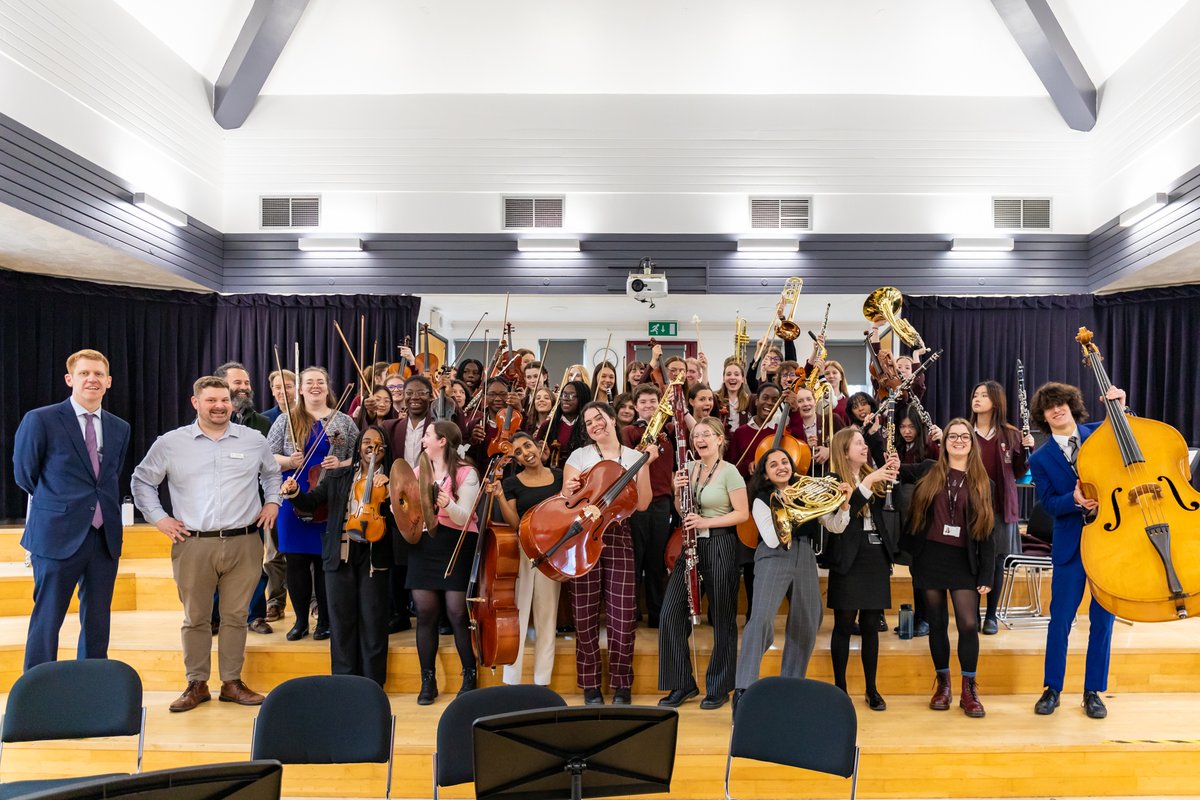Invicta Vlogs
As seen in the press on a regular basis, recruitment in education is becoming challenging for certain subjects.
As seen in the press on a regular basis, recruitment in education is becoming challenging for certain subjects. When it comes to convincing young graduates to join and remain in the profession, this challenge calls for a creative response. At Invicta, we have set up our own Future Teachers’ Initiative. One aspect of this initiative is to allow us to identify from our existing pool of students across the year groups those who have an interest in becoming future teachers, and to work with them on a weekly basis on teacher training related projects. A second aspect of our Future Teachers’ Initiative is to support our former students, currently studying for their first degree and wishing to go into Teacher Training, by joining our Sponsored Teacher Training Programme during their university degree.
Emily is one of our alumni who joined the programme last year and is currently in her third year of a History degree. She has been undertaking regular school based experience at Invicta with a view to starting her PGCE and going into the teaching profession. We are looking forward to maintaining links with the significant number of Year 13 students who are considering a career in primary or secondary teaching and although they are about to leave us as students, we are certain we will continue to support and work with them as they embark on their teacher training. Emily has compiled some words of wisdom on applying to university:
“As a former Invicta student, and a current history undergraduate whose university experience will soon be coming to a close, I thought I would share some tips for current Invicta sixth form pupils who are considering going to university.
• Choose a subject that you enjoy learning about. You will be studying it for three or more years, so you must like studying it. You may choose a subject that you haven’t learnt at school. If this is the case, make sure to research the degree well so you study something you are interested it.
• If you can’t choose between studying two subjects, remember that many universities will offer joint honours degrees. This is where you can study two subjects for your degree with a split of 50:50. This is a good option, especially when the subjects are similar such as Sociology and Politics.
• Start looking at universities early and look around as many as you can. I would recommend that you start looking around universities in the summer of year 12, because this relieves some of the pressure in year 13. This will also give you more options when it comes to deciding on your five choices.
• If you aren’t sure which universities to look at, then look at The Times Higher Education Rankings and The Guardian University League Tables. These will give rough indicators as to the strengths of each university. It is also best to talk to friends and family, to learn more about different universities and people’s experiences there.
• A good way to narrow down university choices would be to look at both campus and city-based universities. You will have an idea which type of university you prefer, and so this narrows down the number of universities from which you will consider.
• The individual university websites will discuss the course modules and assessments, and I would also recommend ordering university prospectuses for more detail. These provide an overview for what the course set up will be, which is an important aspect of university life.
I hope that this will help any prospective university students. The experience of getting to university can be stressful enough, so just enjoy it when you get there, and make the most out of every opportunity.”
Mrs Ricks
Assistant Head




























